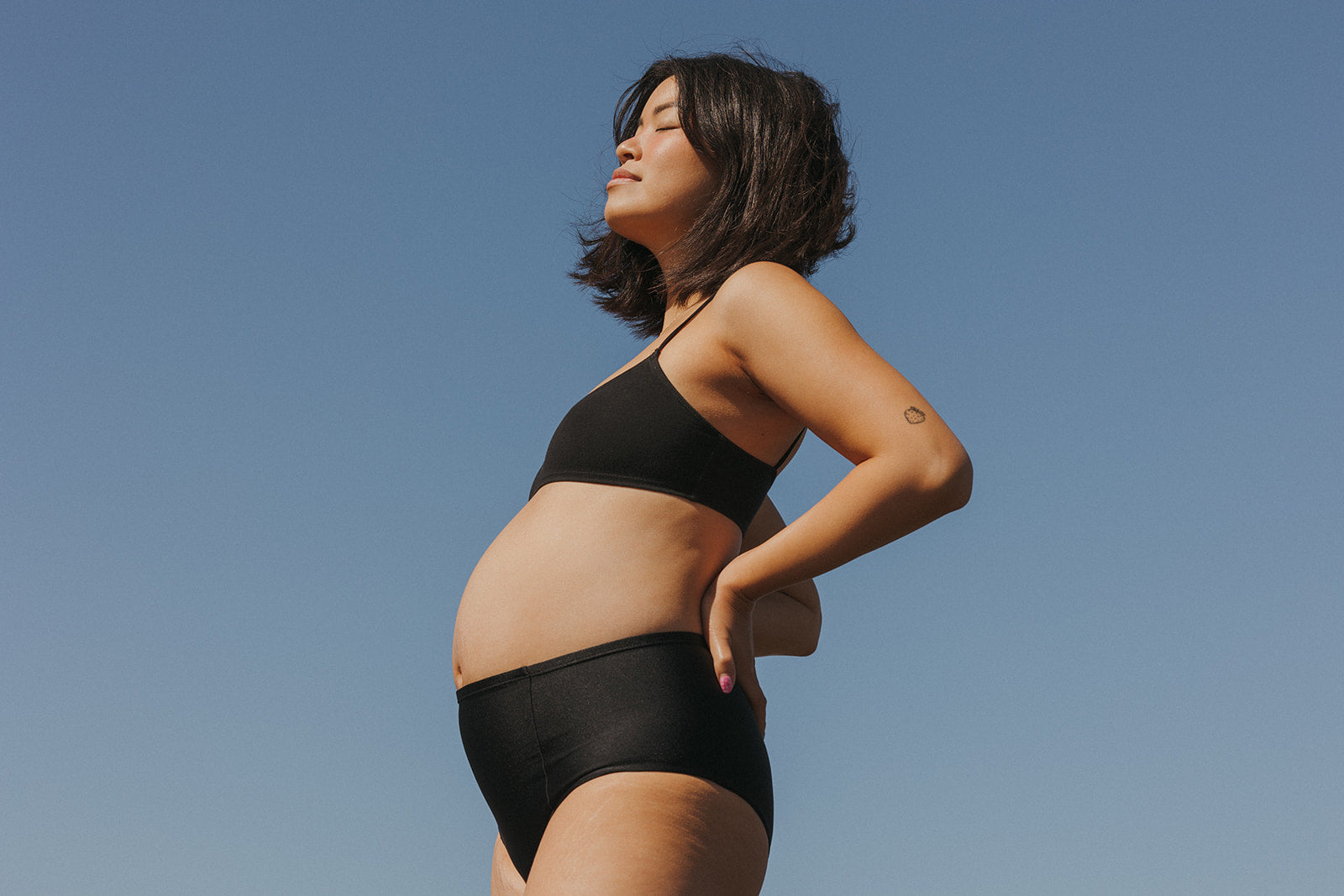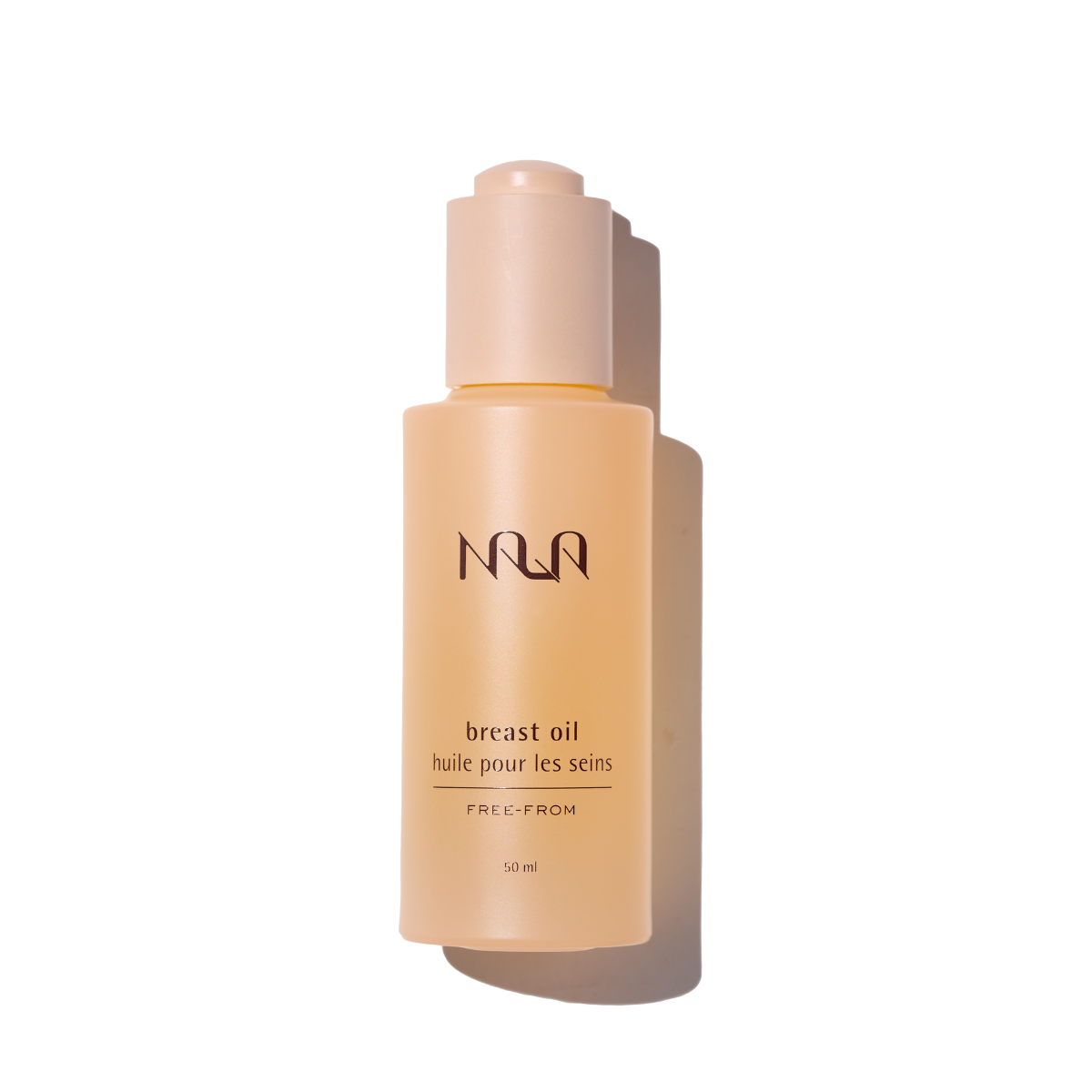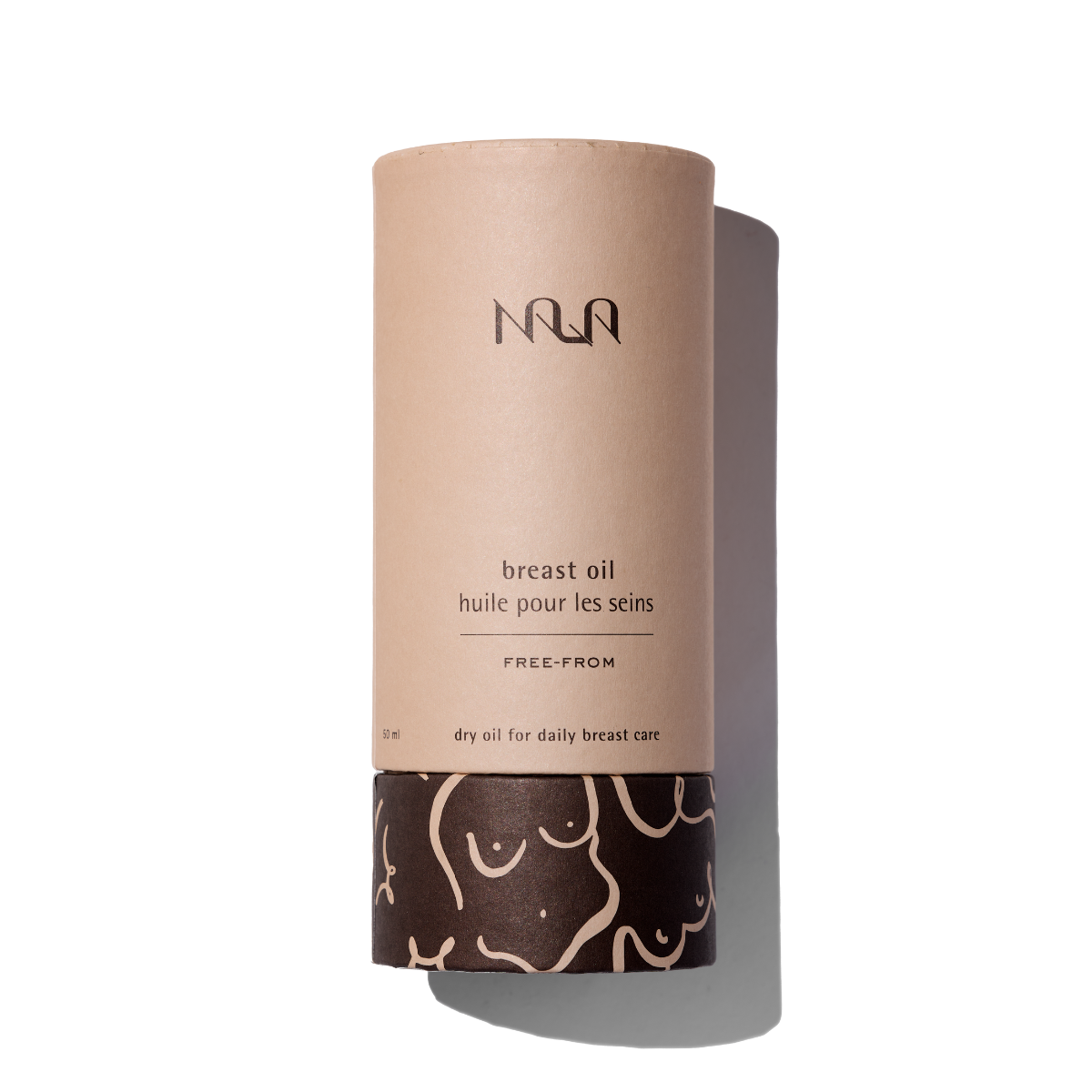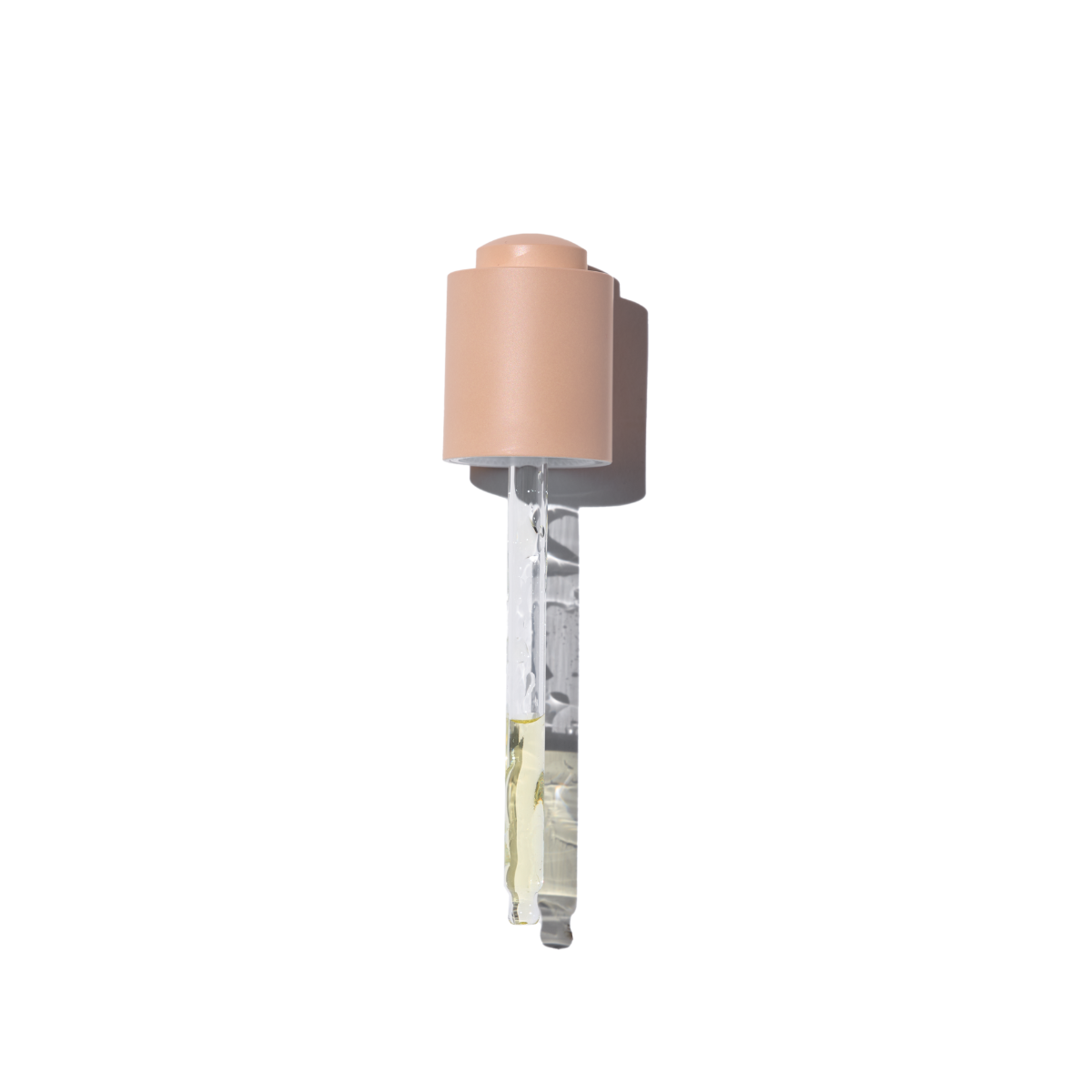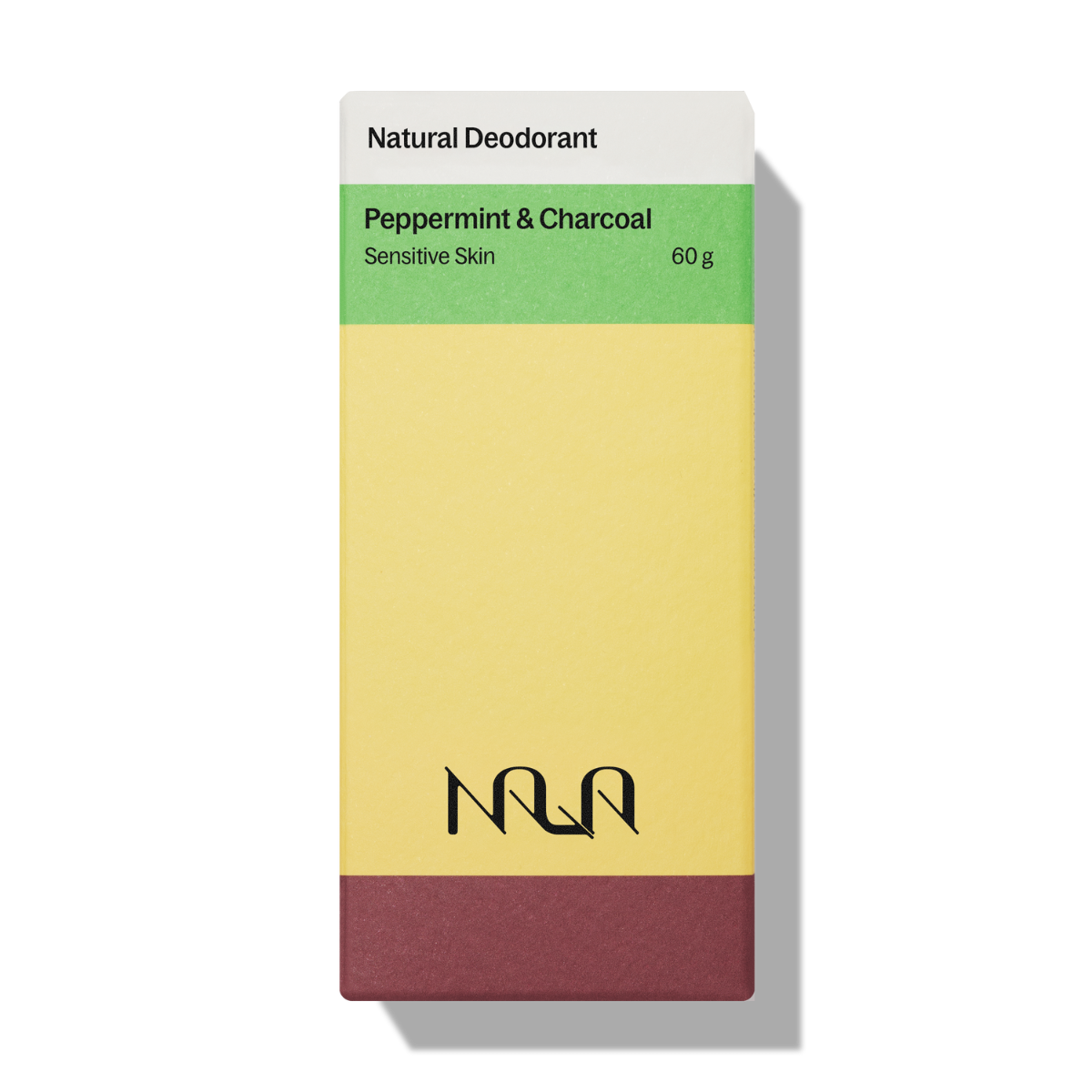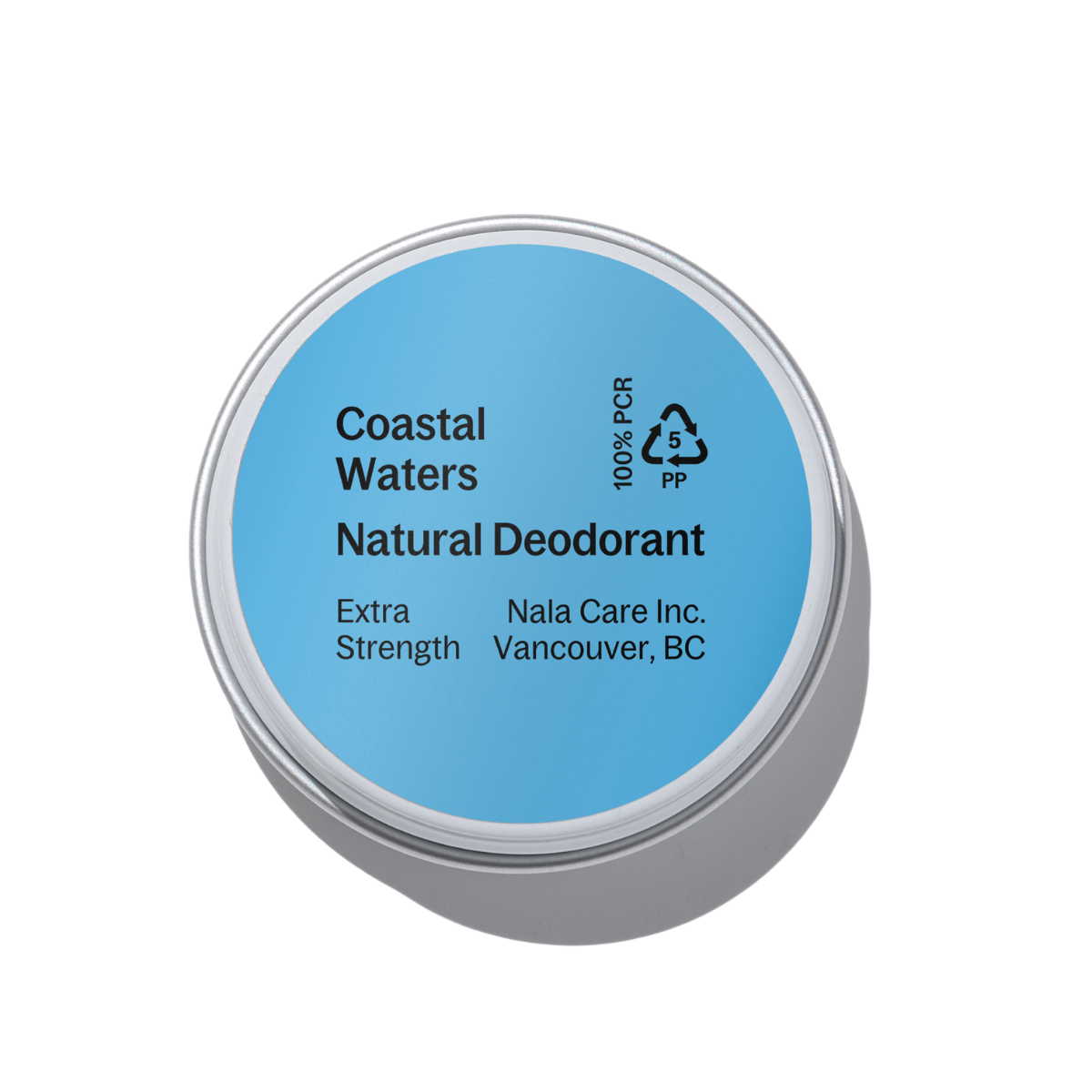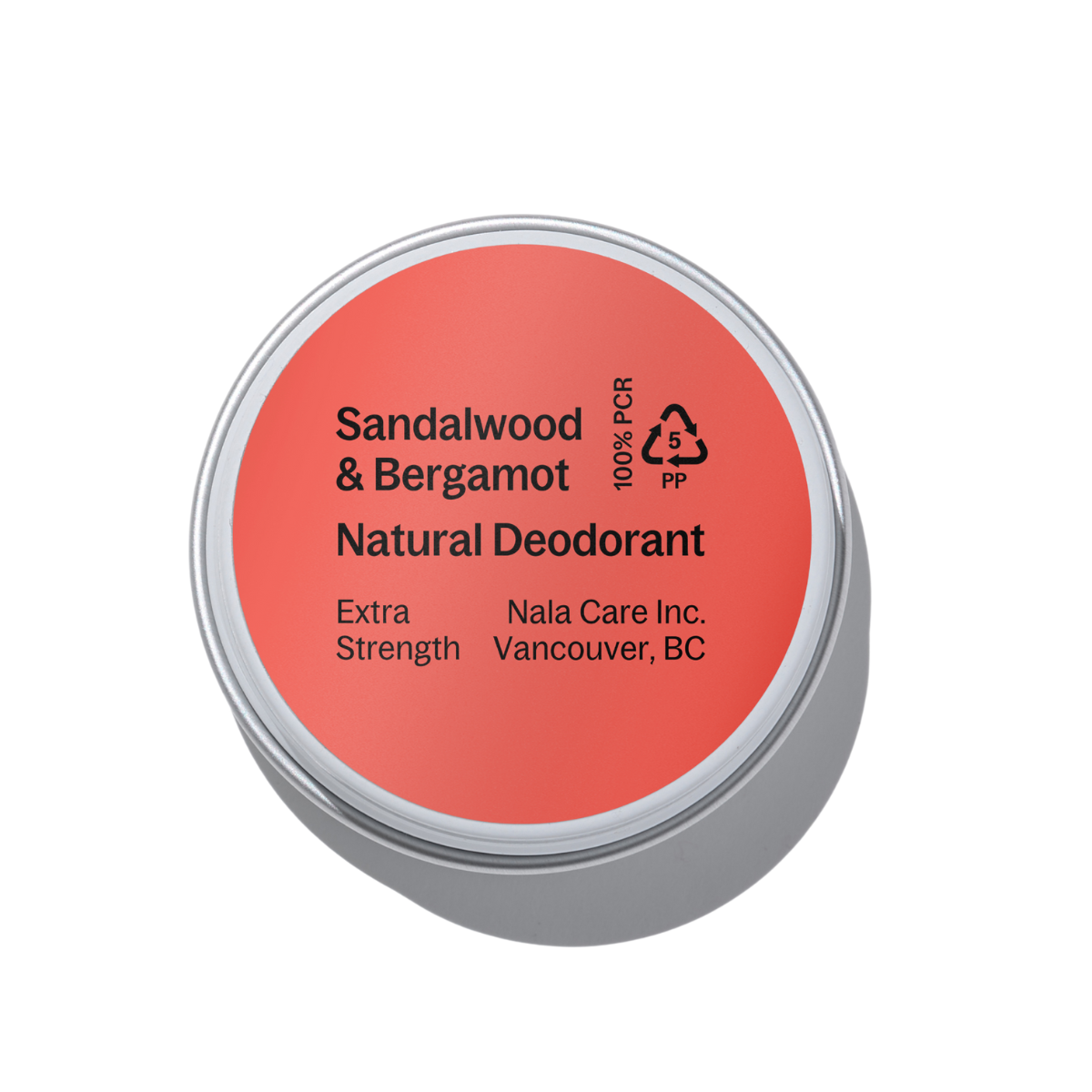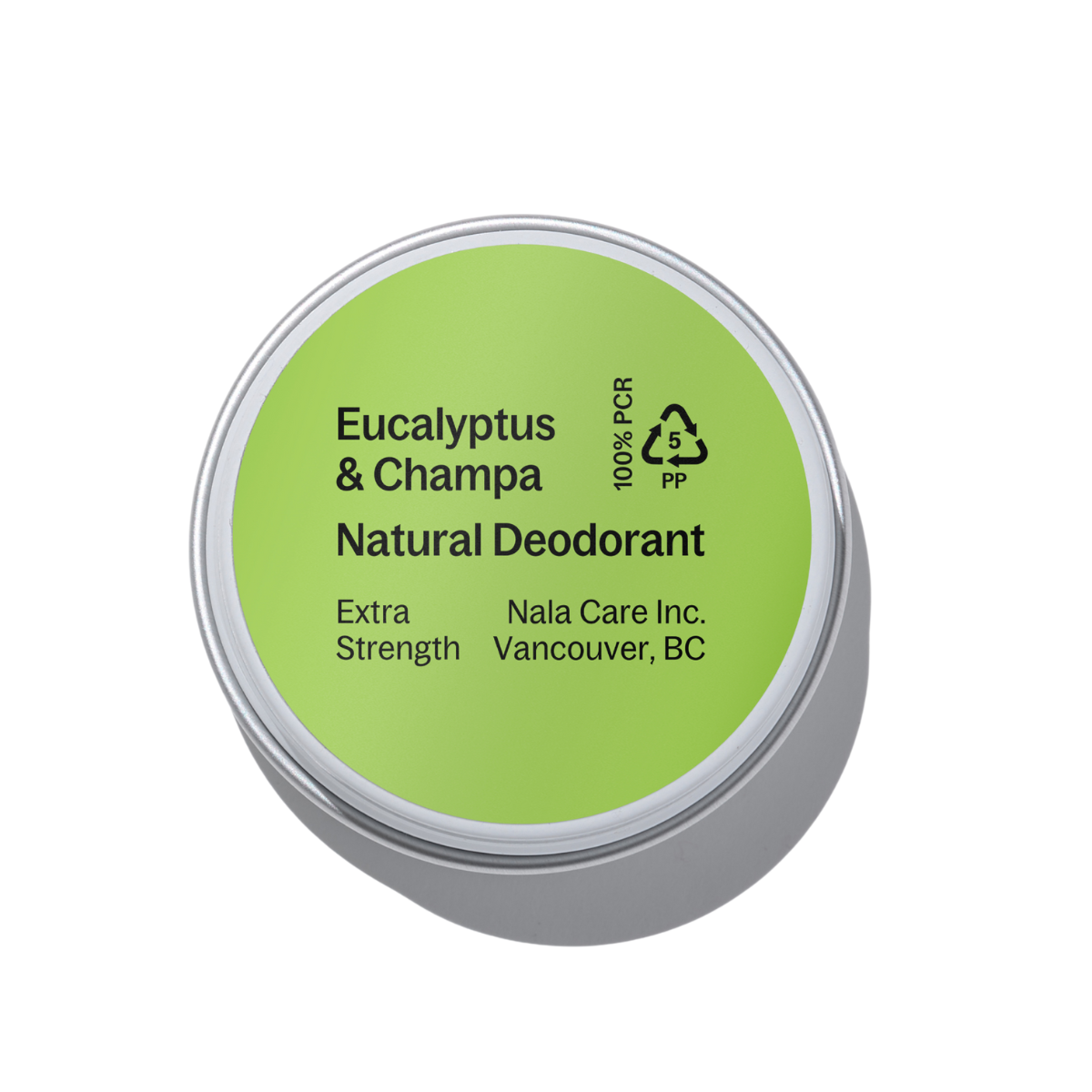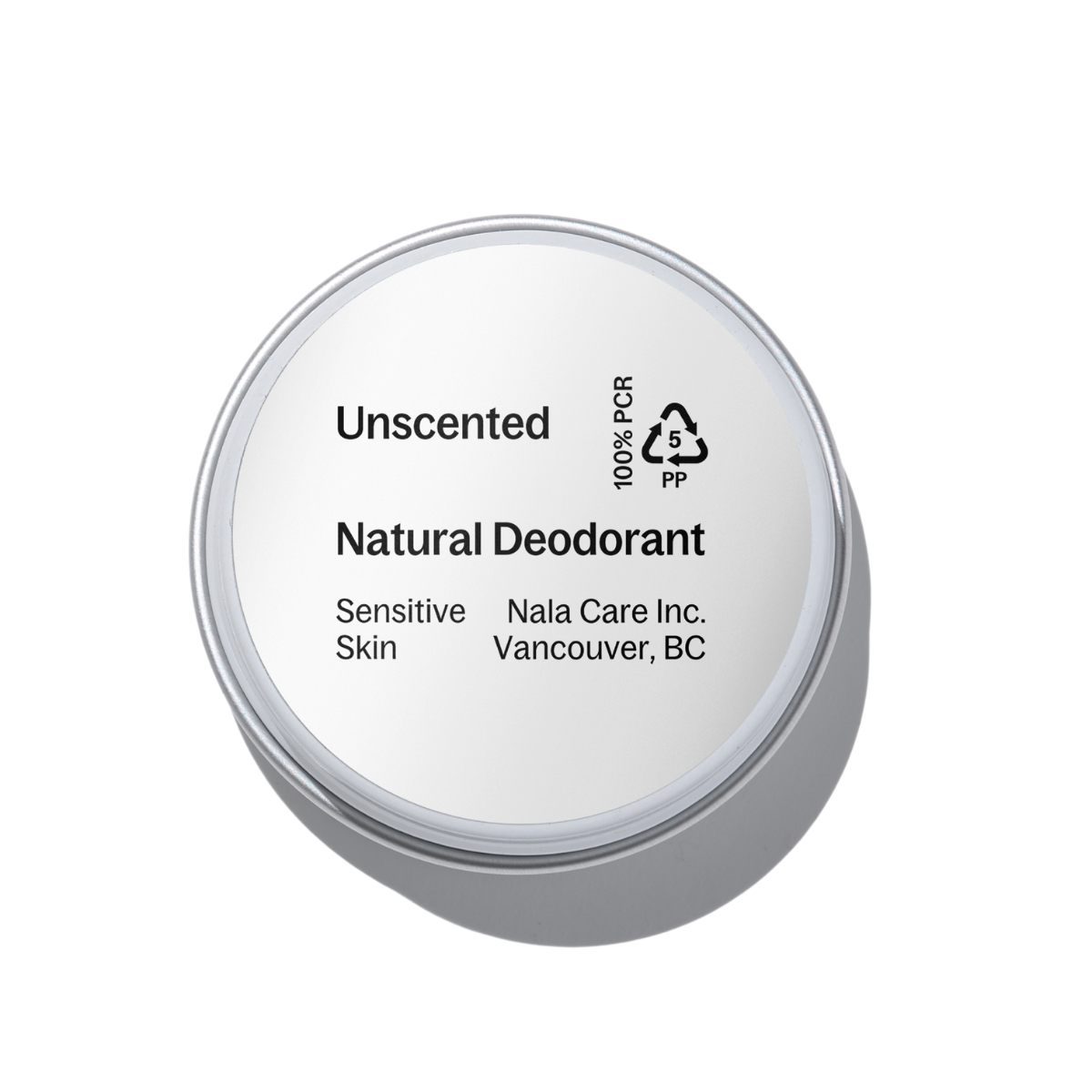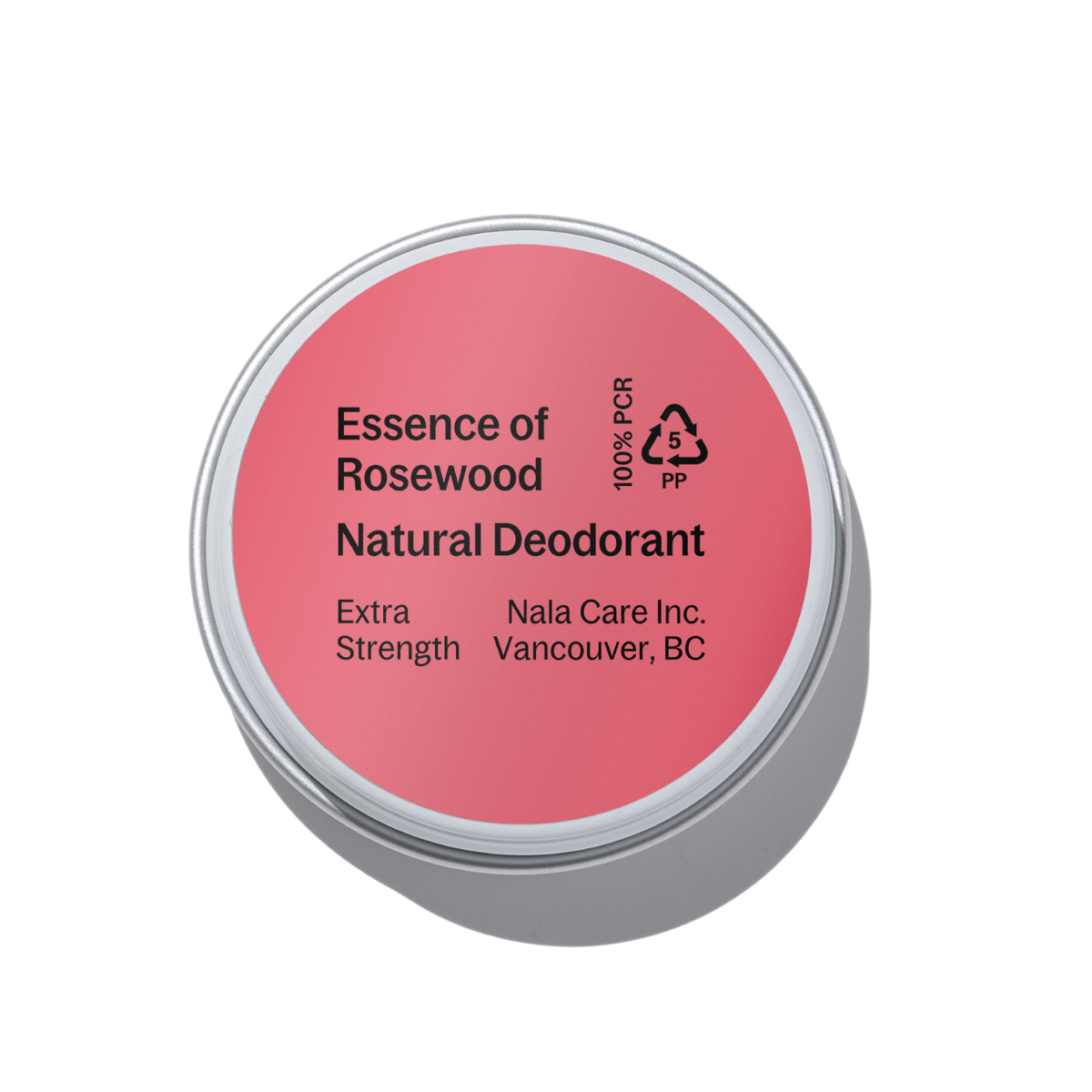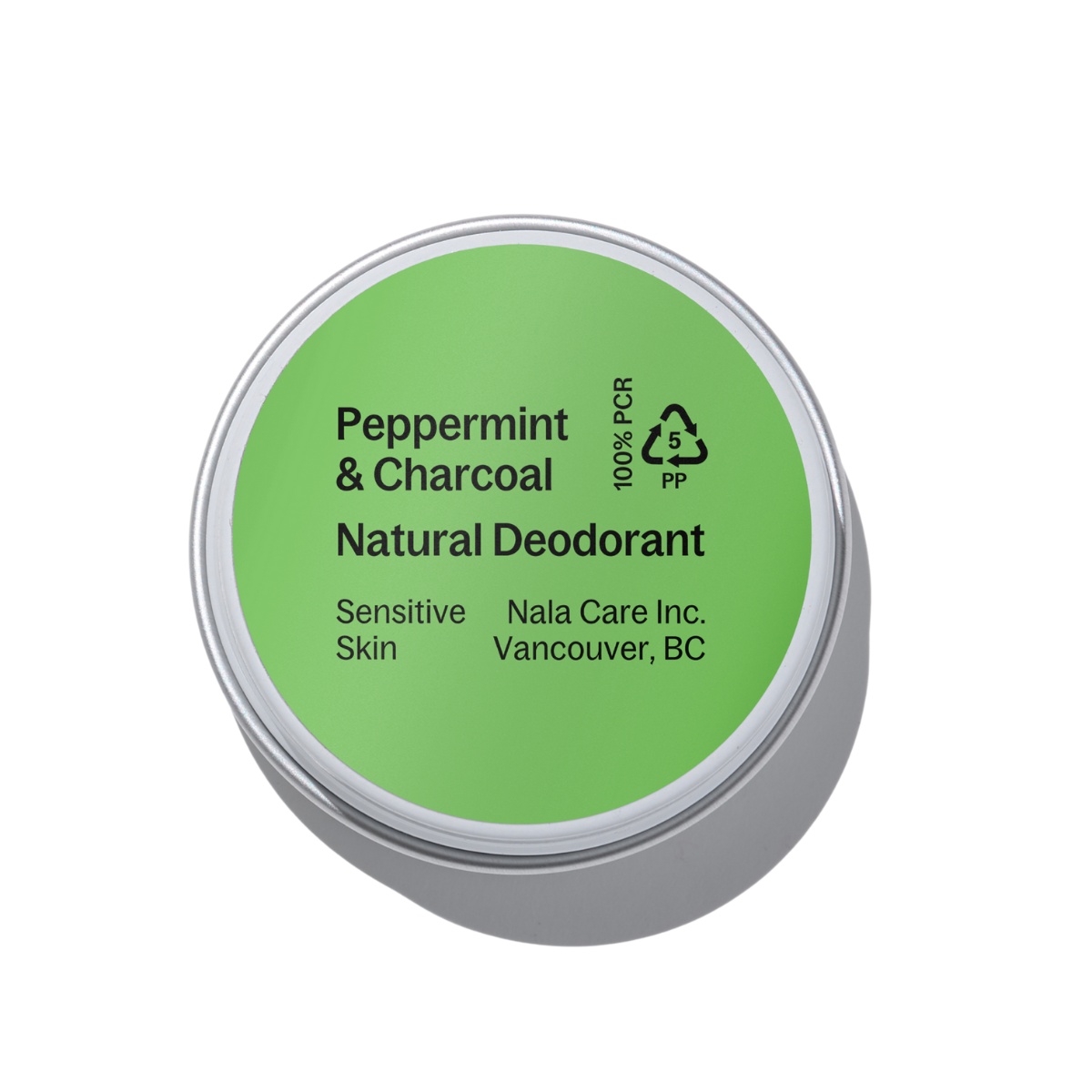There's no shortage of literature out there on how to care for your body during pregnancy, though one area that often gets overlooked is how to care for your breasts during this period of immense change.
During pregnancy and the postpartum period, your breasts undergo significant changes to prepare for breastfeeding and nourishing your baby.
Here are some tips on how to care for your breasts during these crucial stages:
Understand the changes your breasts go through
During pregnancy, hormonal fluctuations lead to increased blood flow and the enlargement of milk ducts and mammary glands. Your breasts may become tender and swell, leading to discomfort.
Postpartum, breast milk production begins, and engorgement can occur when the milk comes in. This may cause further discomfort and even lead to challenges in breastfeeding if not adequately managed. Being aware of these changes will help you address any concerns proactively.
Maintain proper hygiene
Maintaining good hygiene is crucial to prevent infection and irritation, particularly if you choose to breastfeed. Wash your breasts daily with mild soap and water and gently pat them dry. Avoid using harsh chemicals or perfumes on the breasts, as they can cause irritation and discomfort. Instead, using a gentle massage oil such as Nala’s Breast Oil can help alleviate tenderness and swelling associated with breastfeeding.
Choose the right maternity and nursing bras
Supportive and comfortable bras are essential throughout pregnancy and postpartum. If you can, invest in maternity bras that offer sufficient support for your growing breasts during pregnancy. These bras should have adjustable straps and extra room in the cup area to accommodate changes in breast size.
After giving birth, transitioning to nursing bras can make breastfeeding easier and more comfortable, reduce sagging breasts, and provide comfort.
products mentioned in this article
Address engorgement and discomfort
Postpartum breast engorgement is common and can lead to significant discomfort. Here are some tips to address it:
- Wean gradually: If you can help it, try to slowly reduce the rate at which you are breastfeeding or pumping. This gives the body more time to adjust it's milk supply.
- Use warm compresses: Applying warm compresses to the breasts before nursing can help milk flow more easily.
- Cold packs: Placing cold packs on the breasts after nursing can alleviate swelling and discomfort.
- Hand express or pump: If your baby is not nursing adequately, consider hand expressing or using a breast pump to relieve engorgement.
- Massage: massaging the breasts with an oil such as Nala’s Breast Oil can help alleviate symptoms associated with engorgement, including swelling, pain or discomfort.
When should you seek medical help?
During pregnancy and postpartum, stay vigilant about any unusual changes in your breasts. If you notice persistent pain, redness, lumps, or discharge, seek medical attention promptly. These could be signs of mastitis, blocked milk ducts, or other breast-related issues that require treatment.
References:
-
CDC - Breastfeeding Guide: https://www.cdc.gov/breastfeeding/index.htm
-
La Leche League International - Breastfeeding and Engorgement: https://www.llli.org/breastfeeding-info/engorgement/
-
American Pregnancy Association - Breast Changes During Pregnancy: https://americanpregnancy.org/pregnancy-health/breast-changes-during-pregnancy/
-
Office on Women's Health - Breastfeeding Guide: https://www.womenshealth.gov/breastfeeding
-
Mayo Clinic - Breastfeeding Tips for New Moms: https://www.mayoclinic.org/healthy-lifestyle/infant-and-toddler-health/in-depth/breastfeeding-tips/art-20047138
